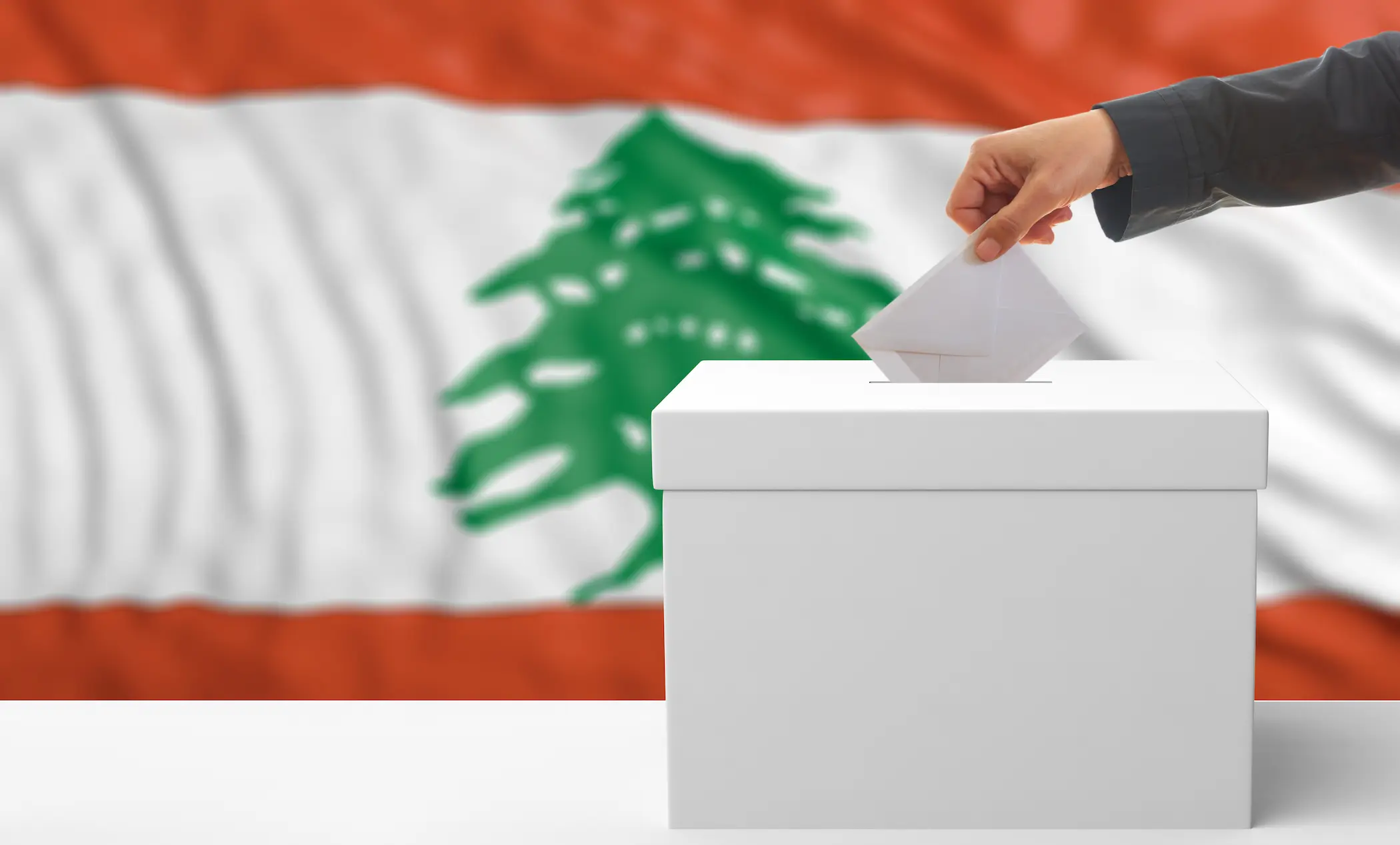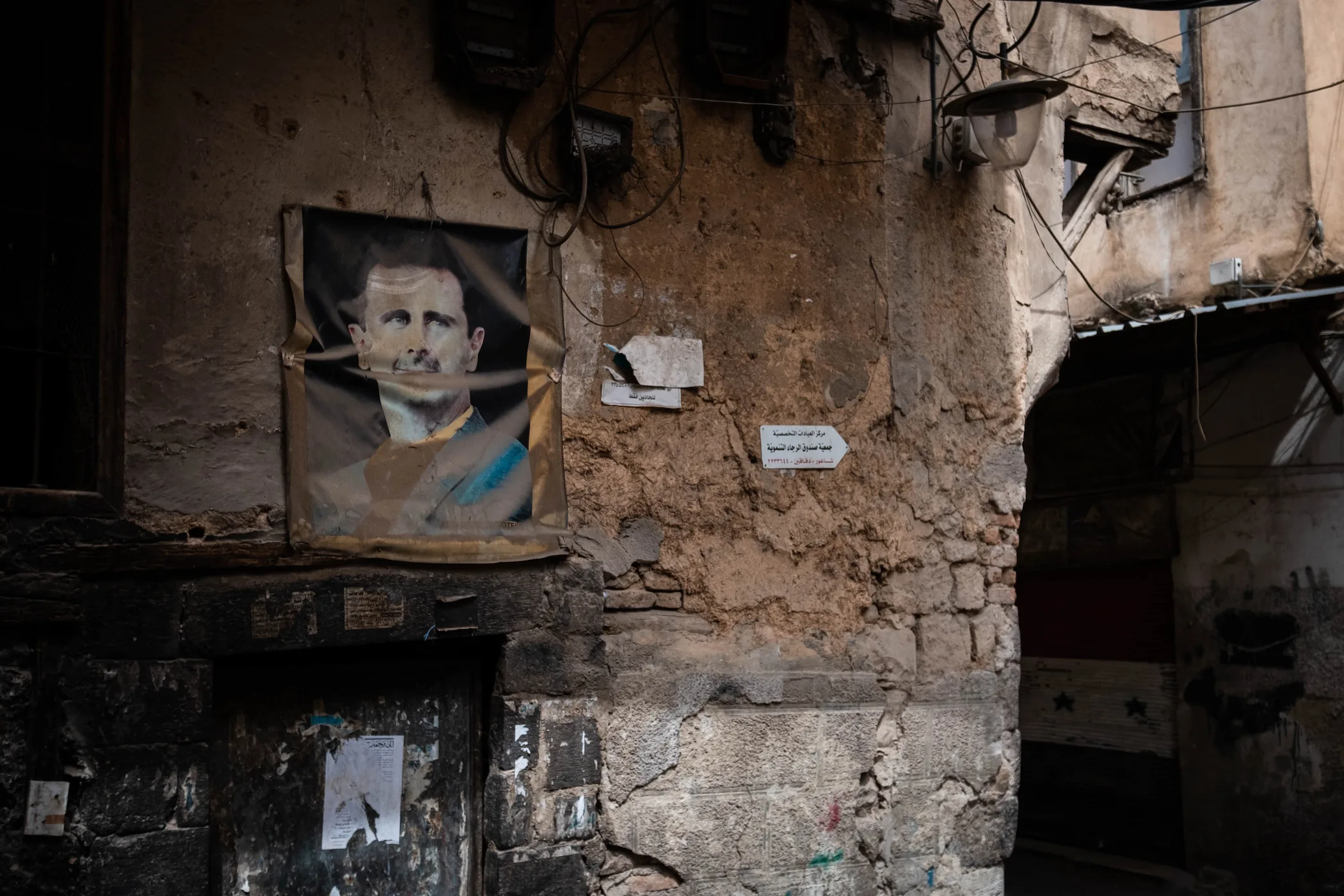11 Feb 2025
What Is Beyond the USAID Controversy?
Recent decisions by U.S. President Donald Trump cutting aid to foreign countries and dismantling the U.S. Agency for International Development (USAID) have sparked global backlash. While the impact of cutting aid is substantial, the broader significance of this move cannot be overlooked. It reflects a deeper shift in the Trump administration’s foreign policy strategy. But what are the implications for the U.S. and its adversaries?
20 Jan 2025
Is the Russia-Ukraine War Nearing Its End?
President-elect Donald Trump has pledged to bring an end to the Russia-Ukraine war, though he has yet to specify how. A negotiated settlement appears to be the only viable path forward, as a decisive military victory for either side seems unlikely. Western nations, particularly those in Europe, are struggling with internal challenges, leaving them in a weak position with limited leverage at the negotiating table. Meanwhile, Russia also finds itself in an unenviable situation, creating a potential opening for Trump to encourage both parties toward a resolution. However, for any agreement to lead to lasting peace, security guarantees for Ukraine must be a central component. These guarantees are likely to be the key trade-off for any concessions that Europe would likely offer.
8 Jan 2025
Back to Square One: Will the Presidential Vacuum in Lebanon Come to an End?
Lebanese Parliament Speaker Nabih Berri reiterated his call for a general session of Parliament on Jan. 9, 2025, to elect a new president as Lebanon’s presidential vacuum stretches into its third year. This call comes amid an ongoing crisis that began on October 31, 2022, following the end of former President General Michel Aoun's term. Aoun’s departure marked the conclusion of a previous presidential vacuum that lasted for 29 months, during which 45 attempts to reach a quorum for his election were unsuccessful. In the current vacuum, Parliament has failed to elect a president after twelve sessions, the most recent of which was held on June 14, 2024. This series of unsuccessful attempts highlights the profound complexities of Lebanon’s political process.
Recent domestic initiatives aimed at resolving the presidential vacancy and reaching a consensus on a candidate have also faltered. Meanwhile, representatives from five key countries, the United States, France, Saudi Arabia, Egypt, and Qatar, continue their efforts to mediate and navigate the obstacles hindering Lebanon’s political forces from agreeing on a mechanism to address the protracted vacancy crisis.
Amid persistent uncertainty surrounding the identity of Lebanon’s next president, political circles have been actively circulating the names of potential candidates. Among these, Commander of the Lebanese Army General Joseph Aoun, has emerged as a strong contender and is widely viewed as a likely consensus candidate.
The upcoming parliamentary session has ignited significant hopes that it may produce tangible results and lead to the selection of a new occupant for Baabda Palace. However, this optimism is tempered by pressing questions about whether Lebanon’s political forces can overcome their divisions, resolve the presidential vacuum, and converge on a candidate amidst the shifting political dynamics within Lebanon and across the region.
23 Dec 2024
The Fall of Al-Assad: Beyond the Defeat of a Regime
More than a decade after the outbreak of the Syrian Civil War, the unexpected fall of the Assad regime shocked many commentators and world leaders who believed that President Bashar Al-Assad had firmly consolidated his power. This development demonstrated that despite enduring years of civil war, Syria continues to hold strategic relevance at both regional and international levels. The conflict has provided an opportunity for regional and global powers to establish a presence in the country, amplifying the impact of the regime's collapse far beyond Syria's borders. Notably, the fallout has produced clear winners, with Turkey and Israel at the forefront, and losers, including Russia and Iran. Meanwhile, some European countries have discreetly benefited from the situation without openly acknowledging their gains.
8 Dec 2024
Are We Waving Goodbye to Macron?
France's political crisis is moving toward uncharted territory. Since June, President Emmanuel Macron has thrown the nation into turmoil by calling for snap elections. This decision set off a cascade of crises, culminating in the resignation of Michel Barnier, the shortest-serving prime minister in France’s modern history. The fallout isn’t confined to France alone; its ripple effects are being felt across the European continent. Considered the culprit of all this, the question looms: will Macron soon be ousted?
10 Oct 2024
Wars and Refugees: To Israel and Beyond
The Israeli military has reportedly launched a recruitment campaign offering asylum seekers residency in exchange for their service in the Israeli Defence Forces (IDF). The Israeli government already struggling with a shortage in manpower needed for its war on multiple fronts including in Gaza and Lebanon. While this policy is not totally pioneered by Israelis, it faces serious legal and humanitarian repercussions. Additionally, it adds a layer of uncertainty to the fate of refugees and asylum seekers in Europe who might face the same fate as asylum seekers in Israel given the ongoing Russia-Ukraine War and problems with conscription.
28 Aug 2024
Is MPOX the Next COVID-19?
On August 14, the World Health Organisation (WHO) officially classified the rising cases of MPOX in the Democratic Republic of Congo (DRC) and neighbouring countries as a Public Health Emergency of International Concern (PHEIC). This decision highlights the serious threat posed by the current MPOX outbreak, with fears that the virus could potentially escalate into a global health crisis.
This marks the second time that MPOX has been designated as a PHEIC by the WHO, following the 2022 outbreak, which was the first time the virus had spread widely outside of its endemic regions in Central and West Africa. The occurrence of two significant outbreaks within just four years has raised concerns globally, especially in the aftermath of the COVID-19 pandemic. As a result, many are now wary of the potential for an MPOX outbreak to become a new pandemic.
27 Aug 2024
The European Union’s Troubled Route to Raw Materials
A strategic mineral agreement between the European Union (EU) and Rwanda has sparked controversy. This deal is aimed at securing a supply of essential minerals required for the production of clean technologies, such as solar panels and electric vehicles, by importing these resources from Rwanda to the EU. Months later, the EU signed another agreement with Serbia to import lithium, focusing on sustainable raw materials, battery value chains, and electric vehicles. These agreements are part of the EU's broader raw materials diplomacy, aimed at ensuring the supply of critical raw materials. To date, the EU has formed partnerships with 14 countries to support its transition from fossil fuels to renewable energy and clean technology. While the text-book definition of diplomacy is traditionally understood as a tool for preventing conflict, the EU's approach to raw materials “diplomacy” would create more issues than it should resolve.
15 Aug 2024
Syria-Turkey Normalisation: Are Yesterday’s Enemies Today’s Friends?
Since the eruption of the Syrian Civil War in 2011, several countries have cut diplomatic relations with Syria turning Damascus into a pariah state. 13 years later, the shifting regional geopolitical landscape appears to be ushering in a new reality. Today, both regional and global powers are moving toward rapprochement with Syrian President Bashar Al-Assad’s regime. In a significant U-turn, Turkish President Recep Tayyip Erdogan, once a staunch opponent of Al-Assad, is now seeking normalization with Syria. While, Turkey is not alone in this effort, Syria's potential reintegration could have far-reaching implications.
28 Jul 2024
Are the Paris Olympics Too Political?
The Paris 2024 Olympics edition is undoubtedly unique. While the Olympics have always been political, this time they are taking place amid significant uncertainty and instability in the host country, as well as on a global stage already heated by two ongoing wars which makes it a particularly distinctive Olympics. This highly anticipated event is expected to be leveraged by President Emmanuel Macron as he seeks to restore some of his lost prestige following his party's defeat in the snap elections he called for. Nevertheless, France is likely to encounter numerous internal and external challenges leaving political events overshadowing athletic performances.
27 Jun 2024
France’s Parliamentary Election: What is Going on in Paris?
In a surprising move, and after the far-right National Rally (RN) party dominated in the European elections in France, French President Emmanuel Macron announced the dissolving of parliament and called for snap elections. The move is seen as very risky, with many believing that it will further embolden the far-right whose chances of winning a parliamentary absolute majority exceeds that of Macron’s coalition. Nevertheless, Macron’s decision is not without some strategic planning. Nonetheless, whether the French president succeeds in his plan or not, watching French politics for the upcoming three years will be definitely be interesting.
5 Jun 2024
Rescheduling: Prioritising Arms over Development on the European Parliament’s Agenda
European Parliament (EP) elections have historically garnered less interest from European voters,* as domestic issues have typically dominated their concerns. Consequently, topics such as defence and security have seldom been central to European election campaigns. However, this situation has changed dramatically in recent sessions. The influx of refugees arriving on European shores and the ominous threat of war looming over the continent have shifted the focus. As a result, Europe now finds itself precariously close to a crisis that threatens to undermine the development and reconstruction efforts of the past seventy years.
Therefore, regional issues began to be politicised and exploited in European Parliament elections as security and defence issues became more urgent. Parties shifted away from discussing the Union's broader policies, focusing instead on these pressing issues, which started to play a significant role in shaping voter preferences. Consequently, these topics became more influential in determining electoral outcomes at various local government levels, ultimately impacting decisions at the level of the European Union (EU).
This analysis examines the positions and attitudes of the main groups within the European Parliament on crucial defence issues facing the EU and how these positions are reflected in the political formulation of their policies.











